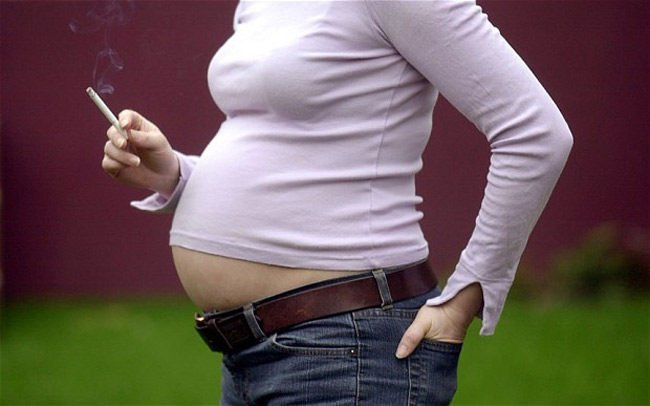
A new study has found women who smoke when pregnant are putting their daughters at a greater risk of developing ovarian and breast cancer later in life.
The Australian National University (ANU) study, published in Human Reproduction, found mothers who reported smoking most days while pregnant had daughters who had an earlier age of first menstruation, or menarche.
Lead researcher Dr Alison Behie said reaching menarche at an earlier age increases the number of ovulation cycles a woman will have in her life, and puts her at greater risk of developing reproductive cancers possibly due to increased exposure to hormones such as oestrogen.
“We’re discovering more and more that major aspects of our biology, and even our behaviour, are set before we are born,” said Dr Behie, a biological anthropologist from the ANU School of Archaeology and Anthropology.
“We know the mother’s exposure to stress, such as smoking in this case, can influence the long-term health of the child.
“Understanding factors that lead to early menarche, especially preventable ones, are important given these long term health implications and increased cancer risk for women.”
The research helps mothers further understand the risks of smoking on their unborn child.
Smoking during pregnancy is usually linked to a number of health risks for children including reduced birth weight, reduced lung capacity, asthma and obesity, but is not commonly linked with the development of reproductive cancers later in life.
The findings are important in understanding the full range of factors that are causing girls to begin menstruating early. Other studies point to the mother’s own age at menarche, as well as diet, weight and stress during childhood.
Dr Behie’s study used data on 1,500 girls from the Australian Government study (Department of Social Services, the Australian Institute of Family Studies, and the Australian Bureau of Statistics) Growing Up in Australia, the Longitudinal Study of Australian Children.
The study done by Australian National University.